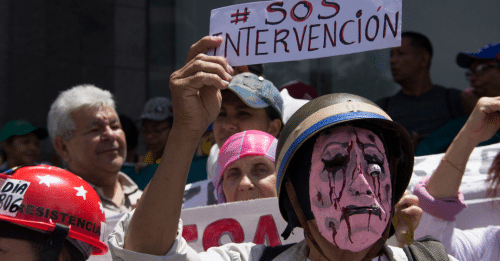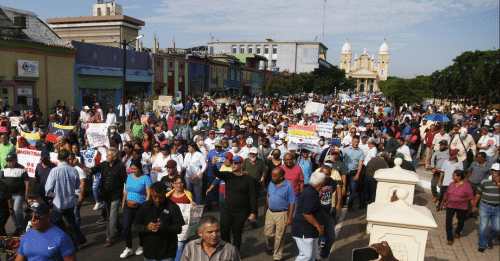My Life in Flavors: Stories from a Migrant Table
Have you ever had a meal that brought back memories or made you feel connected to a place? A meal that’s not just about eating, but it’s packed with stories and those little bits that take you back.

Food is much more than the substance that feeds us. It is a living narrative that threads cultures, migrations, exchanges, memories, and emotions. Every bite we take is packed with stories; every smell we perceive evokes memories. I am convinced that when food comes into our lives and into our mouths, it permeates who we are, it stays living in our memory and, without us realizing it, it joins the whole that defines us.
If I had to describe who I am through food, I would present myself as a freshly blended papaya juice, a fruit that I did not feel particularly fond of in my childhood, a tropical fruit, always in season, always at a good price, always available in the refrigerator at home, a recollection of sunny and calm mornings, without grown-up worries. Or maybe I would present myself as the wheat flour arepas that my grandma Rosita used to make in that city, surrounded by mountains that now feel so far away.
These are not simple meals, nor is their choice random. They are fragments of my childhood, often taken for granted, pieces of the puzzle that build me. I spent years with my grandma, learning not only to cook but also to live. When I left her home, in search of a better life thousands of kilometers to the south, those meals that no longer nourished my body, did nourish my memory and my heart.
A few years after leaving Venezuela, I found myself one morning with a glass of freshly blended papaya juice. I did not expect the impact; the rush of emotion was overwhelming, and I found myself carried away by its force. I went back in an instant to my grandma’s home. At that moment, I was sure: certain foods are time machines, and their taste and scent take you away.
But what would happen if we delved deeper into the symbols and stories behind each dish? We could discover the profound family history of a friend who was born in another corner of the world, or that the flavor of a mole carries with it centuries of Mexican history. Even a humble chicken soup can be a reminder of the care and love your mom gave you that time the flu got the better of you.
If our lives were narrated through food, what dishes would we choose to represent us? What stories would those flavors and scents tell?
Migrating is not just leaving, it is also arriving. With that arrival comes the experience of everything anew. For me, food is a fundamental pillar in the experience of being alive. Perhaps this perception is influenced by my moon in Taurus – in astrology, this signifies a deep appreciation for the pleasures and comforts of life, like good food. Or, it could simply be because I heard countless times while growing up that ‘it’s cheaper to clothe me than to feed me.
The truth is that when you emigrate, the doors are opened to new foods and stories that sneak in and begin to become part of you. They come to stay, they settle in, and the idea of the home you once had is nourished and grows with new flavors, new fruits, and new narratives.
It is almost miraculous to be sitting in front of a dish that was once merged into the shaping of my identity. Whether it’s a dish prepared by a loved one, by myself, or by a new person in the land I am beginning to call home, eating that dish goes far beyond mere survival; it is an act that threads the past with the present, a constant dialogue between who I was and who I am at this exact moment.



